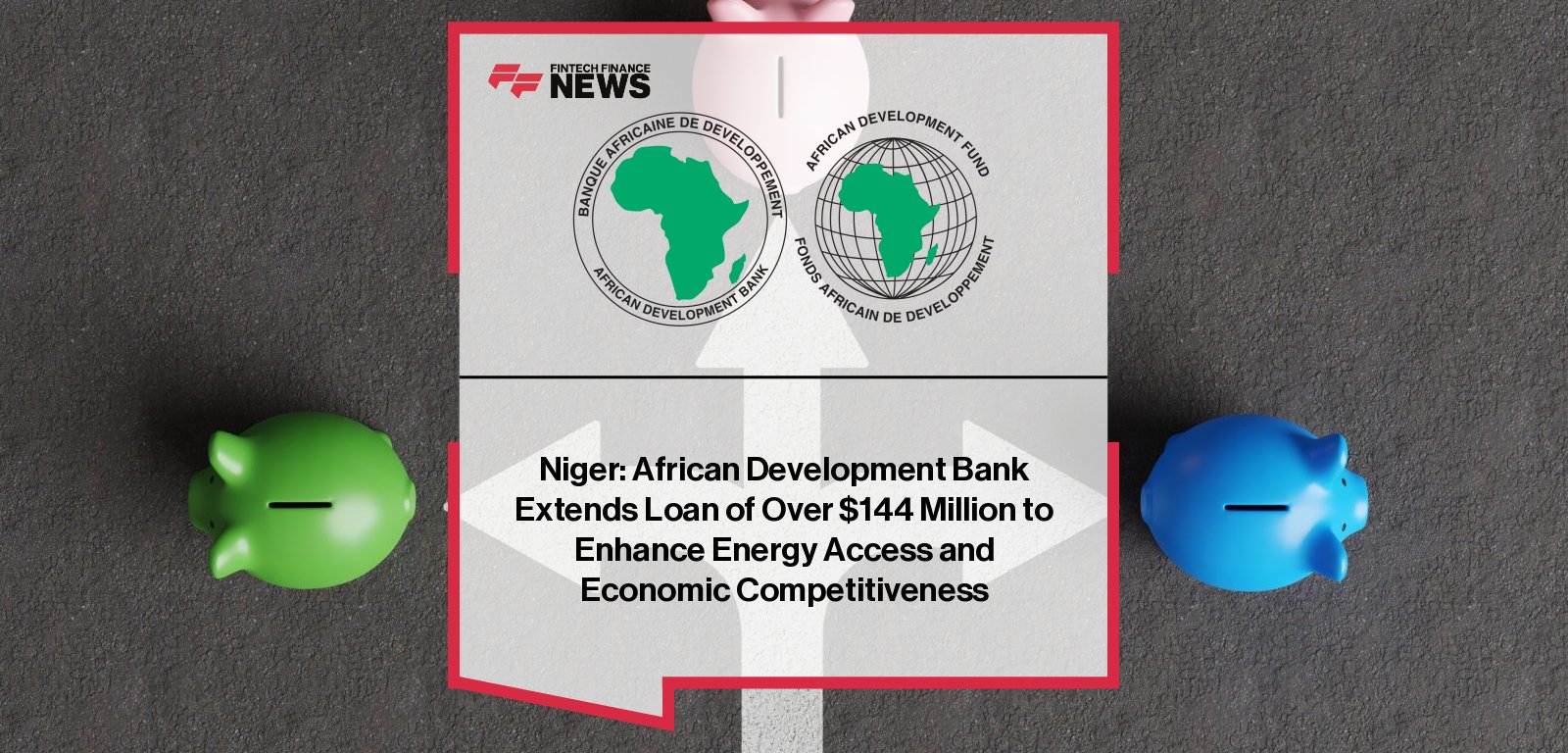The African Development Bank (AfDB) has committed a significant loan of over $144 million to Niger, initiating a pivotal program designed to revolutionize the nation’s energy sector. This substantial financial infusion aims to address Niger’s critical power shortages and lay the groundwork for enhanced economic competitiveness. This marks a crucial step in the country’s infrastructure development and its journey towards energy independence.
The first phase of this ambitious program focuses on comprehensive energy sector law reforms, strategically targeting a more robust and equitable distribution of electricity. Beyond mere power supply, the initiative is meticulously structured to fortify governance frameworks, particularly benefiting vulnerable and rural communities that historically face limited access to essential services.
Furthermore, the program extends its reach into broader economic growth strategies, tackling governance challenges by strengthening public financial management systems. This includes crucial reforms in tax revenue mobilization and control, alongside efforts to clear domestic arrears. Such measures are vital for fostering a transparent and accountable financial environment within Niger.
A key aspect of this support involves stimulating public-private dialogue and facilitating the adoption of forward-thinking industrial and commercial policies. These strategic interventions are designed to bolster support for local Nigerien businesses, thereby driving internal economic dynamism and job creation, which are essential for long-term prosperity.
Emphasizing the Bank’s profound commitment, the Director General for West Africa underscored the program’s role in supporting Niger’s economic recovery and energy independence. This support is expected to significantly elevate national electricity access from 22.5% to 30% by 2026, simultaneously boosting manufacturing’s contribution to GDP, showcasing a clear path toward sustainable development.
A significant component targets renewable energy capacity development, with plans to generate 240 MW of solar energy by 2030, and 50 MW coming online before December 2026. This focus on clean energy not only addresses environmental concerns but also diversifies Niger’s energy mix, reducing reliance on traditional sources and promoting energy security.
Social inclusion forms a cornerstone of the program, with specific measures tailored to support internally displaced persons, women, and youth. Given the presence of over 507,000 internally displaced persons nationwide, targeted interventions will ensure these vulnerable populations directly benefit from improved economic opportunities and enhanced access to vital resources.
Despite various regional challenges, Niger’s economy has demonstrated remarkable resilience, with GDP growth projected to climb to 8.8% in 2024. However, the stark reality remains that only 22.5% of the population, and a mere 4.5% in rural areas, currently enjoy access to electricity, highlighting the urgent need for comprehensive energy reform.
Niger’s strategic energy compact, formally adopted by decree, is poised to attract substantial private sector investment, aiming for $527 million by 2030. This framework, establishing high-level coordination mechanisms and updating national energy policies, is crucial for fostering private participation in mini-grid developments, particularly essential for widespread rural electrification. Through the African Development Bank’s funding, Niger is positioning itself for increased energy independence, transparent governance, and greater rural inclusion.






Leave a Reply